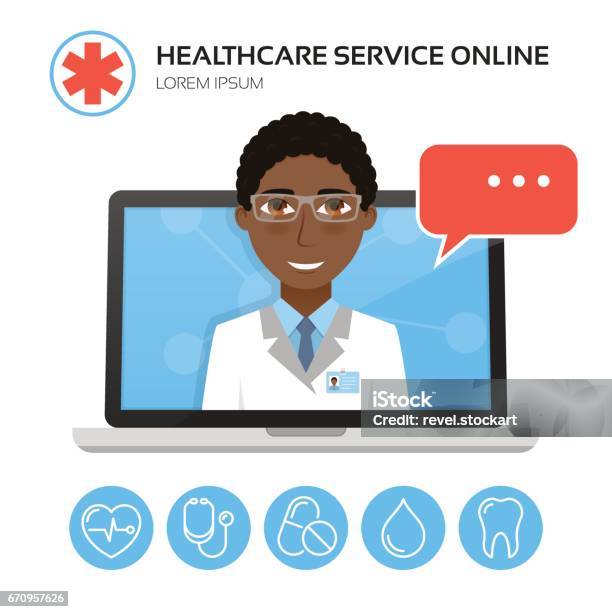The Future of Medicine: Checking Out Subscription Based Healthcare Models
The Future of Medicine: Checking Out Subscription Based Healthcare Models
Blog Article
The Rise of Subscription-Based Healthcare and Its Effect On Client Care
As health care advances, the subscription-based model is acquiring traction, promising to revolutionize person treatment by offering predictability and access. The potential for these models to improve healthcare shipment elevates pressing questions regarding their long-term sustainability and inclusivity. Are these registration services the future of health care, or do they risk leaving vulnerable populations behind?
Comprehending Subscription Healthcare Versions
Understanding the concept of membership healthcare designs includes checking out a transformative strategy to medical services that emphasizes cost and access. These versions, commonly referred to as direct primary care (DPC) or concierge medication, have arised as ingenious options to conventional fee-for-service health care systems. Registration medical care enables clients to pay a set month-to-month or yearly charge for a specified set of medical solutions, which may consist of unrestricted office sees, routine examinations, and fundamental lab examinations, without the requirement for typical insurance payment.
The structure of subscription health care versions is made to enhance individual care by eliminating third-party payers and intricate payment codes, thus decreasing management concerns. Health care carriers can focus much more on client care, promoting more powerful patient-provider partnerships. This version also advertises preventative care by motivating regular sees, as the economic barrier of per-visit costs is eliminated.
The registration design commonly encourages medical care companies to handle smaller person panels, permitting more individualized treatment. It straightens monetary incentives with individual health and wellness outcomes, as carriers are inspired to keep patient complete satisfaction and wellness. Generally, comprehending subscription medical care versions requires acknowledging their potential to improve just how care is provided and accessed.
Benefits for Companies and patients

For providers, subscription-based versions offer the chance to strengthen patient-provider partnerships. With a constant revenue stream, healthcare professionals can dedicate more time to each patient, resulting in a much more thorough and personalized care experience. This model also lowers dependence above client volumes, reducing fatigue and boosting job satisfaction. The focus on precautionary care within registration strategies can lead to much better patient results and decreased long-lasting health care expenses. By concentrating on constant care, companies can resolve problems prior to they rise, eventually benefiting the medical care system overall by lowering the concern on emergency and acute treatment solutions.
Challenges and Worries
While subscription-based healthcare models existing many benefits, they also come with a set of obstacles and issues that must be attended to. This elevates ethical concerns regarding fair accessibility to healthcare solutions.
Financial sustainability of subscription-based versions is another issue. Providers need to stabilize the fixed income from memberships with the variable prices of health care services, which may fluctuate due to unpredicted medical demands. This can produce stress to restrict services or boost charges, possibly influencing individual contentment and care quality.
Additionally, regulatory oversight of subscription-based healthcare versions is still evolving. The absence of standard frameworks can bring about irregular solution high quality and accountability, making complex initiatives to make sure individual defense. The integration of modern technology-- typically a foundation of these versions-- elevates inquiries regarding information privacy and safety and security, as sensitive client info can be susceptible to violations. Dealing with these obstacles is crucial for the successful and equitable implementation of subscription-based healthcare.
Effect On Patient-Doctor Relationships
One considerable influence of subscription-based medical care designs on patient-doctor partnerships is the capacity for boosted connection and personalized care. By adopting a membership design, physicians can handle a smaller sized patient visit their website panel, permitting for more specialized time with each person. This increased schedule cultivates a deeper understanding of an individual's case history, lifestyle, and preferences, allowing much more tailored therapy strategies and treatments.

Nonetheless, it is essential to acknowledge that while subscription-based models may benefit those who can manage them, they might accidentally expand healthcare differences. Individuals that are unable to get involved in these designs could experience reduced access to individualized treatment, potentially impacting their relationships with healthcare carriers. Thus, while the registration version provides promising advantages for patient-doctor partnerships, it additionally postures obstacles that require to be addressed to guarantee fair healthcare accessibility.
Future of Healthcare Accessibility

The role of modern technology can not be forgotten in this improvement. Telemedicine systems and digital health and wellness records assist in seamless communication in between clients and doctor, breaking down geographical and check here logistical barriers. Additionally, improvements in expert system and information analytics can further individualize medical treatment by forecasting client needs and optimizing therapy plans.
Nevertheless, the future of medical care accessibility also presents obstacles, such as making certain equity across various socio-economic groups. Policymakers and doctor must team up to connect the electronic divide, making certain that subscription-based helpful hints designs continue to be budget-friendly and inclusive. As these systems grow, they hold the pledge of making health care more available, efficient, and patient-centric.
Final Thought
Subscription-based medical care models are improving person treatment by giving a stable expense framework and improving ease of access. The rise of subscription-based health care encourages positive person engagement, which has the potential to enhance individual end results and complete satisfaction, signaling a transformative shift in health care distribution.
As health care advances, the subscription-based model is obtaining grip, promising to change individual treatment by offering predictability and accessibility.Subscription-based healthcare designs supply distinctive benefits for both individuals and carriers, boosting the total healthcare experience.As healthcare systems evolve, the future of medical care gain access to regularly hinges on the combination of cutting-edge models and innovations.Subscription-based medical care models are improving person care by providing a steady expense structure and improving availability. The increase of subscription-based healthcare motivates aggressive person interaction, which has the possible to boost patient end results and contentment, signifying a transformative change in medical care distribution.
Report this page